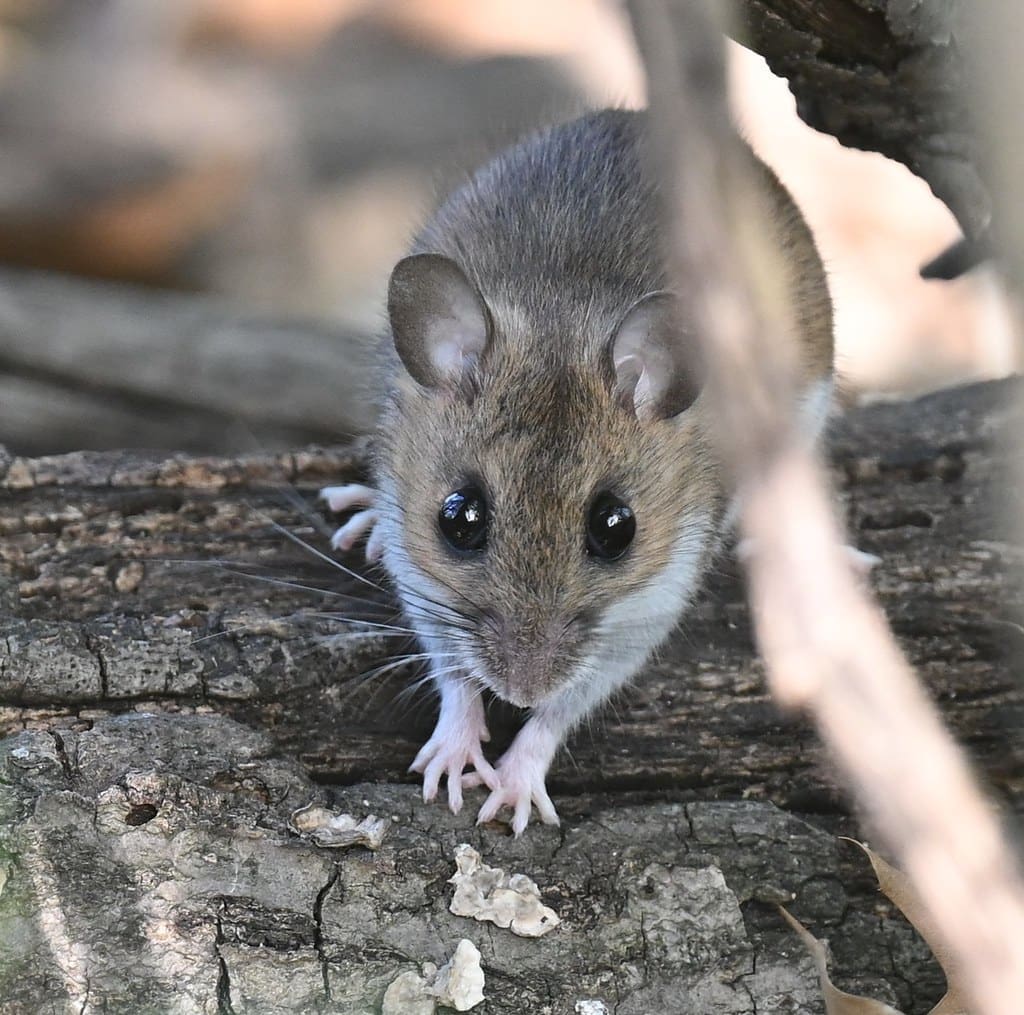Sam Speck, a Kansas State University junior studying conservation biology, is leading research on how shifts in small mammal populations signal broader ecological changes in the Konza Prairie. His work focuses on the rise of the white-footed mouse, a species thriving due to woody encroachment in grasslands.
This shift from traditional prairie species like the deer mouse is linked to an increase in ticks and the potential spread of diseases such as Lyme. Speck’s project combines decades of data from the Long-Term Ecological Research site with fieldwork and museum records to track mouse and tick patterns across Kansas.
His research earned him an honorarium from the American Society of Mammalogists and could be published in BioScience. After transferring to K-State, Speck gained field and lab experience through mentorship and hands-on opportunities.
Now focused on parasitology, he hopes to make a global impact and eventually return to K-State as a professor.














